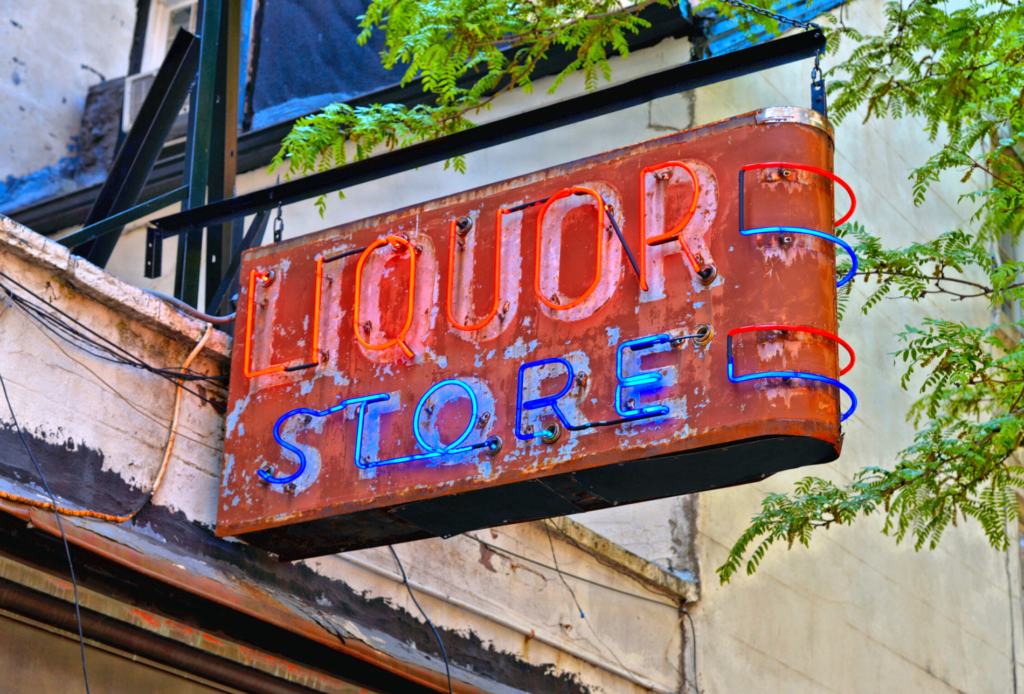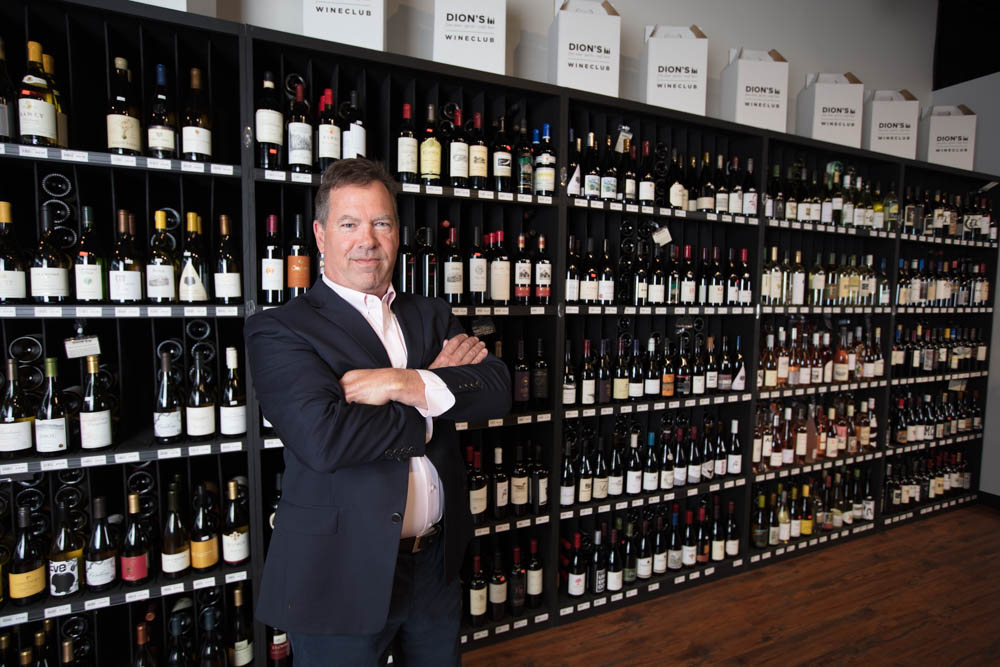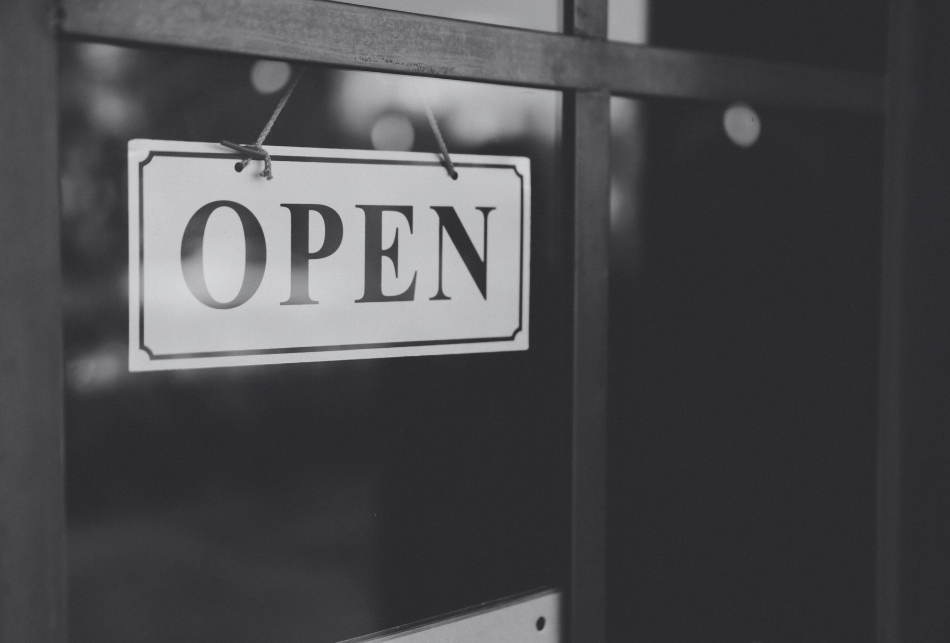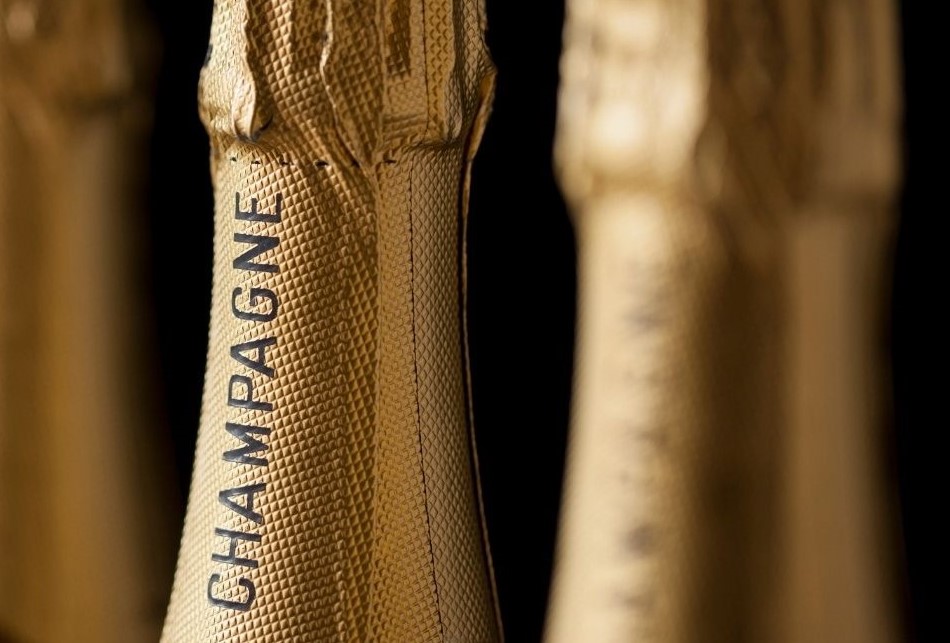Boston Liquor License Broker – or any broker for that matter are not all the same!
When you are buying or selling a license or a business, there are many moving parts and it requires some skill and finesse to get the result you want. A successful transaction in the liquor industry has to be navigated by someone who meets the following criteria:
- they are a specialist in the liquor industry, not a generalist
- they are trustworthy and have integrity
- they have industry-specific knowledge of liquor licenses in the area
- they have the confidence and communications skills that will lead the process and keep all parties in check
- they have proven systems and processes
- they are surrounded by a team and complimentary experts who can get the deal done
The intricacies of a deal have to be managed in a way that keeps it moving along. We’ve found the longer a deal goes, the more likely it is to not close. We place significant priority in timing each phase of the process and know exactly how long it takes to sell a liquor store or license.
In this video, Dan Newcomb, long time liquor license advisor and liquor license expert talks about finding the right Boston liquor license broker:










